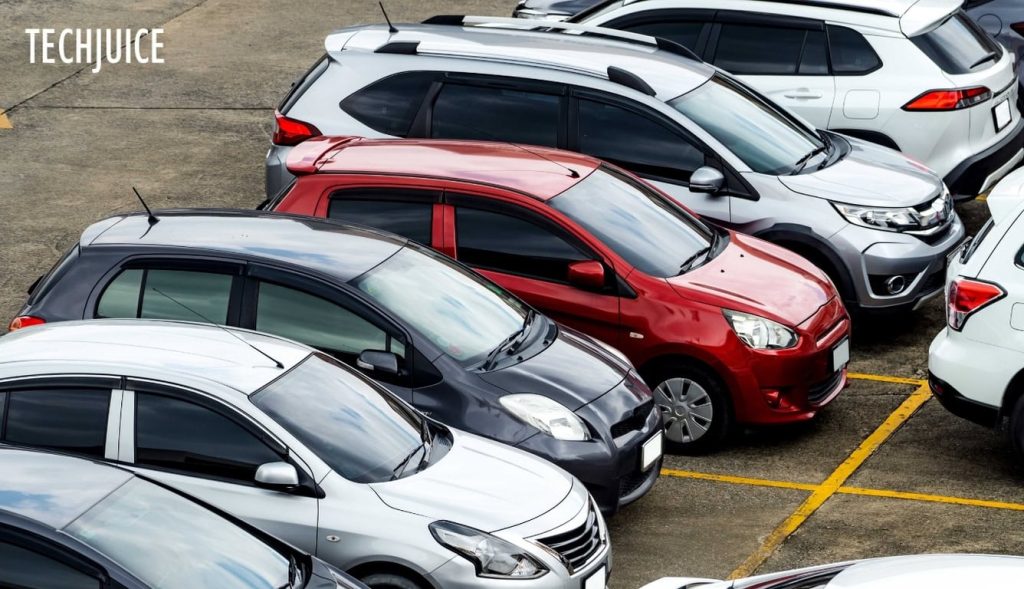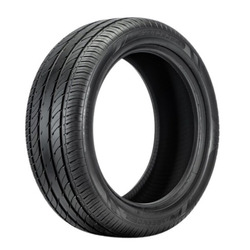

**FBR Revises Customs Valuation for 189 Categories of Used Auto Parts: Essential Information for Importers**
*Islamabad, Pakistan – [Insert Date]*
In a notable initiative designed to simplify import processes and combat under-invoicing, the Federal Board of Revenue (FBR) has revised the customs valuation for 189 types of used auto parts. This measure, revealed through a newly issued Valuation Ruling by the Directorate General of Customs Valuation, is anticipated to enhance transparency and consistency in the importation of used automotive parts into Pakistan.
### Background
Customs valuation is the method of establishing the taxable value of imported items, which serves as the foundation for determining customs duties and taxes. Over recent years, the importation of used auto parts has risen significantly in Pakistan, fueled by the demand for cost-effective vehicle upkeep options. Nevertheless, the industry has encountered issues such as uneven valuation practices and rampant under-invoicing, resulting in revenue deficits for the government and an imbalanced landscape for compliant importers.
To address these challenges, the FBR routinely updates customs valuation rulings to align with prevailing market dynamics and global pricing standards. The latest adjustment spans a wide array of used auto parts, including engines, gearboxes, radiators, suspension systems, and electronic modules.
### Key Features of the Revised Valuation Ruling
1. **Extensive Coverage**: The newly revised ruling includes 189 different categories of used auto parts, making it one of the most comprehensive updates in recent memory. This covers components for both personal and commercial vehicles.
2. **Uniform Valuation**: The ruling establishes standardized customs values for each item based on its condition, origin, and market research. This aims to minimize discrepancies at ports and guarantee equitable treatment for all importers.
3. **Condition-Dependent Pricing**: The valuation considers whether the auto part is in operational condition, refurbished, or requires repairs. This detailed approach assists in matching customs duties with the true value of the items.
4. **Origin-Based Valuation**: Customs values may differ based on the country of origin, reflecting variations in quality and market rates. For instance, components imported from Japan or Germany could have different valuations compared to those sourced from other regions.
5. **Enforcement and Compliance**: Customs officials at all entry points have been instructed to rigorously apply the new ruling. Importers who are found to undervalue their shipments may incur penalties, including fines and seizure of goods.
### Consequences for Importers
The revised valuation ruling has important consequences for enterprises engaged in the import and distribution of used auto parts:
– **Increased Predictability**: Importers can now more accurately forecast their cost structures and plan ahead, thereby minimizing the chances of unexpected duties or customs delays.
– **Equitable Competition**: By curtailing under-invoicing, the ruling fosters fair competition among importers and safeguards compliant businesses from being disadvantaged by those committing malpractice.
– **Importance of Accurate Documentation**: Importers must guarantee that their invoices, packing lists, and declarations correctly represent the condition and origin of goods to avoid penalties.
– **Potential Price Modifications**: Retailers may need to revise their pricing strategies due to shifts in import costs, which could affect end consumers.
### Industry Reaction
The automotive aftermarket sector has reacted with cautious optimism. While many participants applaud the move as a stride towards improved transparency, others have raised concerns regarding the possibility of heightened costs and the necessity for better collaboration between customs officials and importers.
“We support the FBR’s initiatives to regulate the sector, but it’s crucial that the valuation process remains fair and indicative of real market conditions,” commented a representative of the Pakistan Auto Parts Importers and Dealers Association (PAPIDA). “We encourage the authorities to consult with industry stakeholders to tackle any implementation challenges.”
### Conclusion
The FBR’s revision of customs valuation for 189 used auto parts signifies a crucial change in the governance of Pakistan’s import sector. By instituting clear and consistent valuation standards, the ruling aims to improve revenue collection, minimize fraud, and encourage a more equitable business climate. Importers are encouraged to familiarize themselves with the new ruling and ensure full compliance to prevent disruptions and penalties.
For more information, stakeholders can access the complete Valuation Ruling on the official FBR website or seek advice from customs agents and legal experts specializing in import regulations.






